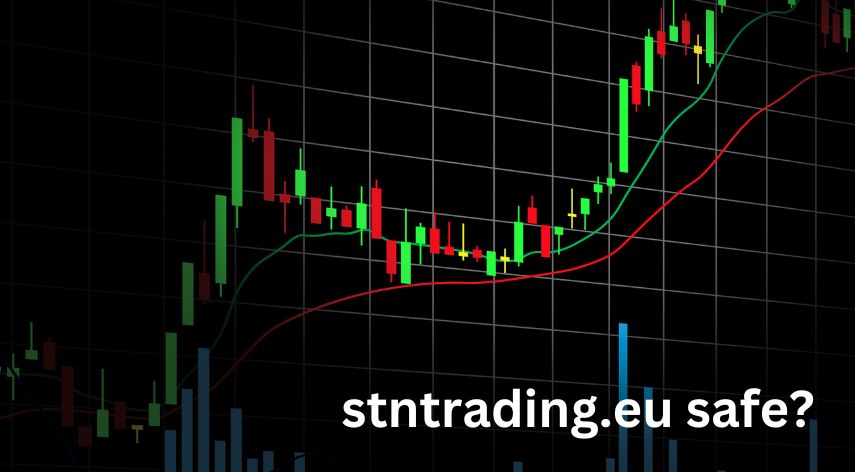Trading Options vs Stocks: What’s the Difference?

The COVID-19 pandemic has forced many investors to re-consider the risks of stock-market investing. Some who prefer to invest in stocks have instead turned to Forex, commodities, and cryptocurrency markets. But others have turned to trade options.
But what are trading options vs stocks, and what are the clear advantages of choosing trading options over trading stocks? Here’s everything you need to know.
Table of Contents
ToggleOverview of Stocks and Options
Stocks and options are both popular investment tools for personal financial security. There are a few key differences between them.
Stocks represent ownership of a company, giving you voting rights and a claim on assets and profits as a shareholder. Conversely, options are contracts that give you the right to purchase or sell a stock at a predetermined price by a specific date.
Trading stocks is more of a long-term, buy-and-hold strategy. Options, on the other hand, can be an excellent way to take advantage of short-term market fluctuations, as they are typically less expensive than buying a stock outright.
Benefits and Risks
Both have advantages and drawbacks, and it’s important to consider both before investing. The benefits of trading options include the ability to limit risk since options are not as volatile as stocks.
Also, options offer investors the ability to purchase the right to buy a stock at a future date, allowing them to make a profit based on stock price movements. Risks of trading options include the potential for large losses if there is a sudden change in the market.
Also, option contracts can have very short lifespans, making them difficult to trade. If you’re into short-term investments, you should also look into swing trading signals to make profits. Lastly, options may include more complex terms and stipulations than stocks.
Examining Multiple Trading Strategies
When it comes to examining the differences between trading options rather than stocks, the two primary components to consider are cost and risk. Generally, options trading is actually slightly less expensive since there is no price for the actual asset to purchase.
For example, instead of buying 100 shares at $100 a share, you could buy one call option that gives you the right to buy 100 shares at $100. Thus, the actual cost may be as low as a couple of bucks. On the risk side, options trading can be risky with unlimited loss potential if the stock price moves opposite of the direction predicted.
However, often options can also provide limited, fixed risk. When examining multiple trading strategies, it is important to take into account the respective costs and risk profiles when comparing stocks versus options.
Key Components of Profitability
Options have more risk than stocks, as they can expire worthless, but they also have the potential for greater reward. They are typically traded on a leveraged basis, meaning that you can produce gains in a small amount of time if the right trade is made.
On the other hand, stocks require a much longer view of the market to turn a profit. Investors can enjoy the dividends generated from the stocks themselves.
Learn more about Options vs Stocks Today
Ultimately, choosing between options vs stocks depends upon the investor and their individual financial goals, risk tolerance, and resources.
Start trading options today and see the wealth of possibilities!
Did you find this article helpful? Check out the rest of our blogs for more.
Pankaj Majumder, a seasoned Civil Engineer, combines technical expertise with a passion for innovative infrastructure solutions. With a strong academic background and diverse project experience, he excels in creating sustainable and resilient structures that shape the future of urban development.
Recommended For You
Spread the loveIn the ever-expanding digital landscape, online trading platforms have become a staple for savvy consumers looking to explore
Spread the loveDo you find tax season overwhelming? You’re not alone. But don’t worry; our article on tax checklist essentials has you
Spread the loveNavigating the world of document signing and validation can be perplexing. This is especially true when it comes



